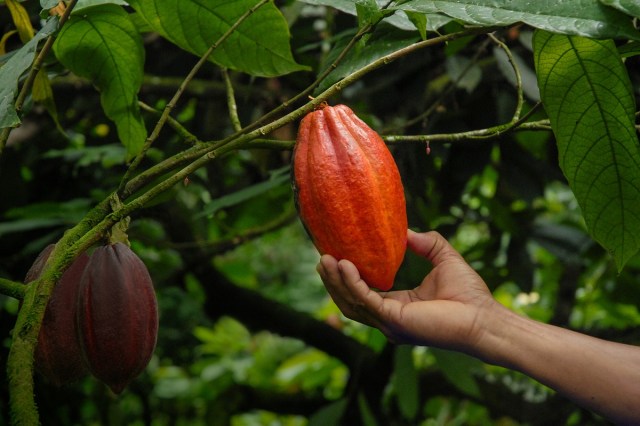
This article first appeared in Convenience and Impulse Retailing, authored by Tom Oakley-Newell
The impacts of climate change are being felt and seen around the world in devastating measures, from flooding in India, droughts in Europe, to bushfires here in our own backyard.
With concern growing about how to not only manage, but prevent, these catastrophes, companies are under increasing pressure to reduce their impact towards climate change.
Simon Lowden, Arnott’s Group chief transformation officer explains the company’s strategy.
Could you outline the key commitments that The Arnott’s Group has made as part of its sustainability roadmap?
Lowden: Our Sustainability Strategy focuses on the areas where we as a business can have the most meaningful and immediate impact with consideration to our supply chain, our retailers and our consumers.
We have honed in on three key focus areas, including how we source our ingredients, how we make our products and how we connect to the communities in which we operate.
Within those three focus areas we have outlined four fundamental targets;
1. Reduce, reuse or repurpose plastic packaging in A/NZ by 10 per cent by 2025 and meet the 2025 APCO national targets.
2. Achieve net-zero emissions in our operations by 2040 and across the value chain by 2050.
3. Sustainably grow and source 100 per cent of our key ingredients, namely flour, sugar, oils, dairy and cocoa products by 2035.
4. Increase choice, opportunity and wellbeing by promoting inclusion and belonging, supporting communities and providing diverse food options and guidance on nutrition.
How will The Arnott’s Group go about living up to these commitments?
Lowden: We’re determined to hold ourselves accountable to these commitments. As part of our governance model we will trace our impact and contribution against, not only our own targets but other local and global standards on climate change. We intend to release an annual public report which will detail our progress across all of our commitments and report transparently on areas for improvement.
What are the biggest challenges to creating a more sustainable food supply chain?
Lowden: As a manufacturer with a heavy reliance on raw materials we are to an extent at the mercy of climate and environmental challenges. As a result, we work closely with our supplier network to manage some of these challenges and explore opportunities to engage technological solutions.
We also recognise the role that we play in driving the demand for repurposed plastics and enhancing recycling technologies so that as an industry we are better placed to achieve a circular economy for packaging materials.
Has implementing new sustainability measures effected revenue?
Lowden: We’re of the belief that for sustainability to be widely adopted it has to stack up commercially. Everything that we’re doing in this space, we’re doing innovatively and in collaboration with our partners to identify viable sustainable alternatives.
Are you seeing a consumer trend towards purchasing “greener” products?
Lowden: It’s clear that concern around sustainability is on the rise and will continue to drive and influence consumer behaviour into the future.
How important is creating a more sustainable food system to The Arnott’s Group?
Lowden: We recognise that as an iconic Australian brand we play a significant role in the Australian food system and as such, have a responsibility to make it more sustainable. To do so, we are focusing our energy on conducting business within the natural boundaries of the planet and placing sustainability at the centre of our business strategy. It is important that as we continue to grow our business we are shrinking our environmental impact on the planet and supporting the communities in which we operate.
Is there anything else you’d like to mention about The Arnott’s Group’s sustainability roadmap and its achievements to date?
Lowden: Whilst the Arnott’s brand has been around for over a century and a half, we only released our first public Sustainability Statement earlier this year. We’re working hard to meet and exceed the targets that we have set for ourselves and looking to play a leading role in the establishment of a sustainable food system in Australia, so watch this space.


